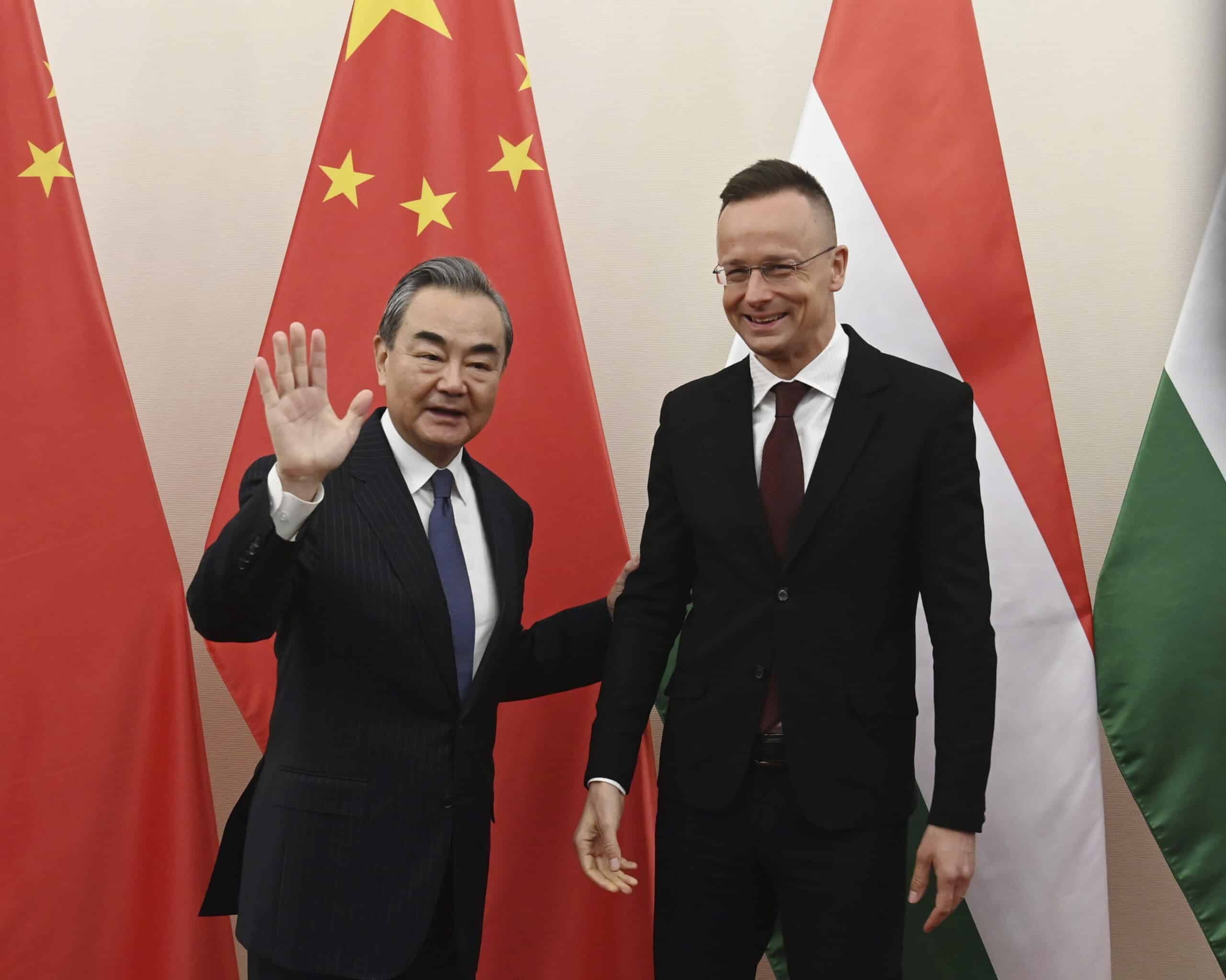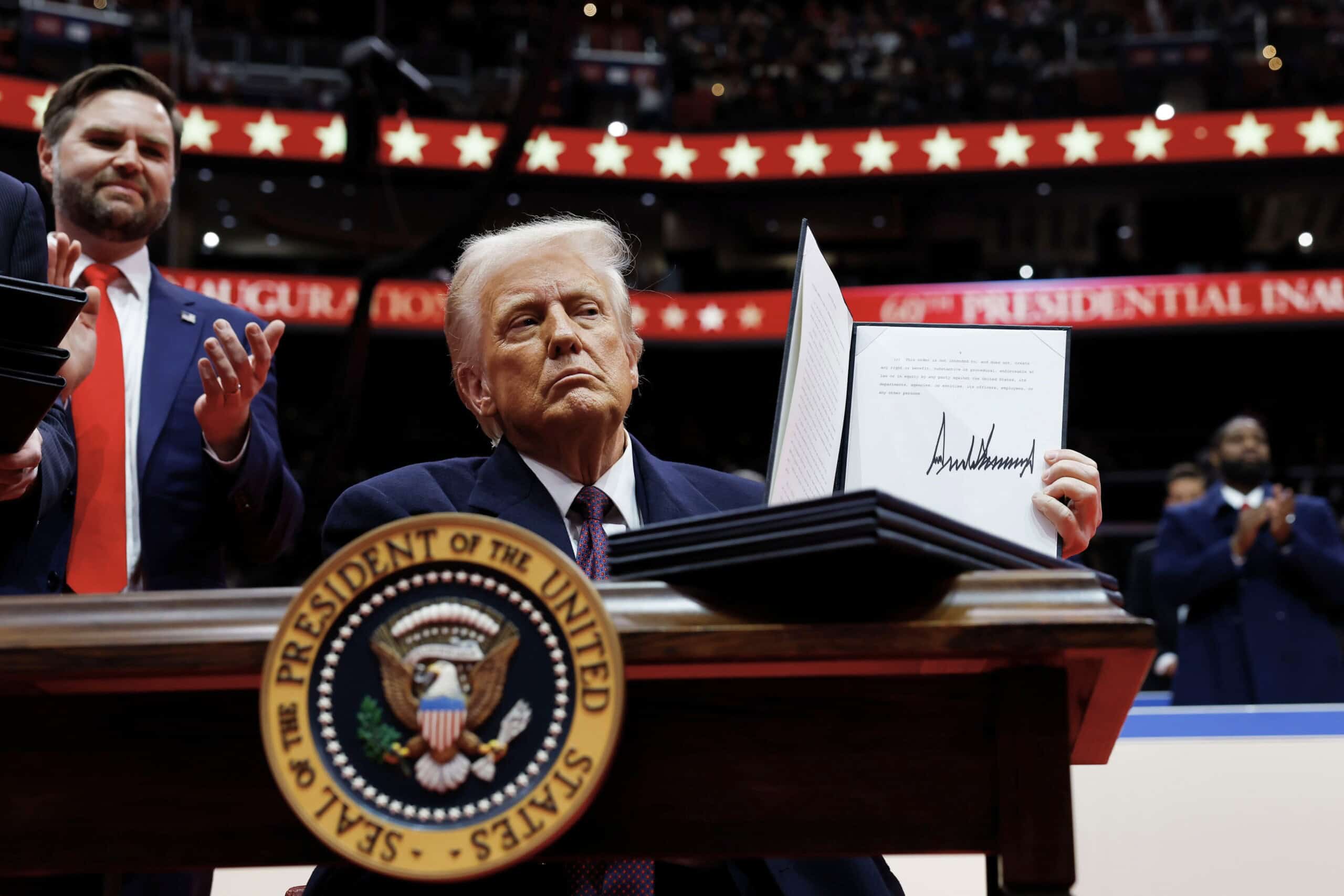
China’s ties with central and eastern Europe have frayed in recent years, with one notable exception — Hungary. Late last month, its foreign minister Péter Szijjártó said he was visiting China with an ambitious objective in mind: to make his country the number one investment destination for Chinese companies in the region. As EU leaders continue to debate the extent of their decoupling or derisking from China, Szijjártó had a blunt message: cutting ties would be “economic suicide” for Europe.
Hungary’s unwavering push for deeper links with China makes it an outlier in a region that has seen how political differences can rupture economic relations overnight. A row between Lithuania and China in 2021 over Taiwan forced the Baltic state’s European neighbors into making tricky calculations about how far they should show solidarity.
This week, The Wire looks at recent investments from Chinese companies into Hungary, and considers why the country proves attractive for investment.
A RISING PROFILE
Hungary’s warm approach to Beijing appears to be working. In 2022, Chinese investment in Europe was highly concentrated, with 88 percent flowing into just four countries, according to research published by the Mercator Institute for China Studies (MERICS) and Rhodium Group. Hungary stood alongside the big three economies in the region, France, Germany, and the U.K., as the biggest recipients of Chinese investment in Europe. Over the previous four years, Hungary had accounted for just 1 percent of total Chinese investment.
Chinese battery makers are behind Hungary’s rising profile. Last August, Contemporary Amperex Technology Co., Limited (CATL) announced it would build its second manufacturing plant in Europe in the eastern Hungarian city of Debrecen. The investment, worth 7.34 billion euros ($7.7 billion), would be the largest foreign direct investment ever recorded in Hungary.
Although geopolitics always looms large in investment decisions, analysts say it’s not the only factor contributing to Chinese companies’ decisions to set up in Hungary.
“There’s also a regular business consideration pushing this,” says Mark Witzke, senior analyst at Rhodium Group. “Hungary already has several [German] carmakers with assembly plants there. It lets them get access to this whole European auto supply chain.”
Listed below are some significant investments in Hungary announced by Chinese battery makers:

POLITICAL ALIGNMENT
Longtime Hungarian leader Viktor Orbán first signaled he would pivot the country towards China in February 2010, when he declared that while Hungary “sails under a Western flag as a member of the European Union, the world economy today is blowing from the East.” Orbán became prime minister that year when his party, Fidesz, swept to power in April’s parliamentary elections. At the time, Hungary was still dependent on an International Monetary Fund loan to weather the 2008 financial crisis: Orbán’s critical stance towards the IMF showed his determination to curb reliance on Western financial institutions.
In 2015, Hungary was the first European country to sign on to Xi Jinping’s signature Belt and Road Initiative (BRI), and later hosted a ‘Cooperation between China and Central and Eastern European Countries’ summit in 2017. This China-CEEC initiative came to be known as the 17+1 group, corresponding to the number of members and observers it had in Europe. Lithuania departed in 2021, while Estonia and Latvia followed suit the following year, reducing the initiative to 14+1.
Hungary’s willingness to accept Chinese money hasn’t always worked out smoothly. An upgrade to the railway connecting Hungarian capital Budapest with Serbia’s capital Belgrade was meant to be a flagship project of the BRI, but has been dogged by delays and transparency concerns on the European side. Hungary’s government secured €1.85 billion ($2 billion) loan for the project from the Export-Import Bank of China in April 2020, then passed a law to keep the terms of the agreement classified for 10 years, arguing that disclosure would “threaten Hungary’s ability to pursue its foreign policy and economic interests without undue external influence.”
Despite this project’s slow progress, Hungary has sought to present itself as a transport hub for Chinese exports flowing across Europe. Since 2020, a number of new freight routes from China have used Budapest as a point of entry to the continent.

OPPOSITION IN HUNGARY
Hungarians remain divided over their government’s pursuit of warm relations with China. More than 51 percent had positive views of Chinese influence in Hungary, according to a 2022 survey by the Budapest-based Central and Eastern European Center for Asian Studies. However, there have been public displays of discontent, including large protests against a planned Fudan University campus in Budapest over the project’s cost and the level of academic freedom the campus would allow.

Some now doubt that the campus will ever be built, not because the Hungarian government has abandoned the idea, but because of Fudan’s own perception of the controversy the plan triggered.
“I don’t really think that [the campus] will ever happen,” says Ágnes Szunomár, associate professor at Corvinus University of Budapest. “I assume that the whole situation hurt the reputation of Fudan itself. So I don’t think they would come to a country that is protesting against it, because that wouldn’t really signal a nice beginning for this endeavor.”
Although opposition politicians in Hungary say they welcome the introduction of jobs and industry that comes with Chinese investment, such as CATL’s planned factory in eastern Hungary, they are mindful of the impact of such plans on local communities.
“The issue here is that the government’s approach is not really thorough and not really looking [after] Hungarian interests,” says Márton Tompos, a lawmaker with Momentum, a youth-focused opposition party set up in 2017. “The region does not have enough electricity and especially not…fresh water to serve the needs of this company.”
Hungary also finds itself increasingly at odds with the EU leadership over its approach to China, although divisions over the war in Ukraine are currently the dominant factor in Budapest’s relations with Brussels.
“China is not really taking a stance, but even if it does, it kind of goes along with the Russians,” says Szunomar. “The fact that Hungary is doing pretty much the same when it comes to Russia, as well as having a relatively good relationship with the Chinese, also means that [Hungary] is a bit of an outsider in the European camp.”

Aaron Mc Nicholas is a journalist based in Washington DC. He was previously based in Hong Kong, where he worked at Bloomberg and at Storyful, a news agency dedicated to verifying newsworthy social media content. He earned a Master of Arts in Asian Studies at Georgetown University and a Bachelor of Arts in Journalism from Dublin City University in Ireland.



